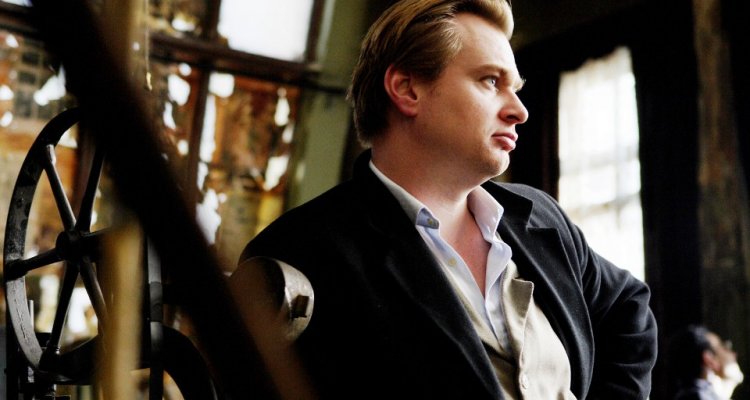With so many headlines talking about how the governments of the world are thinking about bailing out some big industries hurt by the coronavirus pandemic, Hollywood is facing its own crisis as studios are pausing productions and postponing releases. While many people think about the movies they won’t get to see, it’s easy to forget about all the hardworking people who make sure you have a place where to see the latest films: the movie theater.
READ MORE: Edgar Wright Has Some Ideas On How Film Fans Can Help Cinemas During This Tough Time
While you may know Christopher Nolan as the director of major films like “Inception,” “The Dark Knight” and “Dunkirk,” and you may know him for the meme about watching movies the way Christopher Nolan intended (very much not on a phone), but it may surprise you to know just how big a cinephile Nolan really is. In The Washington Post, Nolan wrote a passionate essay about the importance of movie theaters. “The movie business is about everybody: the people working the concession stands, running the equipment, taking tickets, booking movies, selling advertising and cleaning bathrooms in local theaters,” the director wrote. “Regular people, many paid hourly wages rather than a salary, earn a living running the most affordable and democratic of our community gathering places.”
Nolan goes on to remind us about the difficult times being faced by everyone, including the film industry workers, pleading both the government, the studios and moviegoers for help. “As Congress considers applications for assistance from all sorts of affected businesses, I hope that people are seeing our exhibition community for what it really is: a vital part of social life, providing jobs for many and entertainment for all.” The director added, “As a filmmaker, my work can never be complete without those workers and the audiences they welcome.”
READ MORE: Netflix Gives Back With $100 Million Coronavirus Relief Fund
He continued: “In uncertain times, there is no more comforting thought than that we’re all in this together, something the moviegoing experience has been reinforcing for generations. In addition to the help theater employees need from the government, the theatrical exhibition community needs strategic and forward-thinking partnership from the studios.” Nolan finished his essay with his belief that people will be eager to return to movie theaters when this whole thing blows over, writing: “When this crisis passes, the need for collective human engagement, the need to live and love and laugh and cry together,will be more powerful than ever.”

